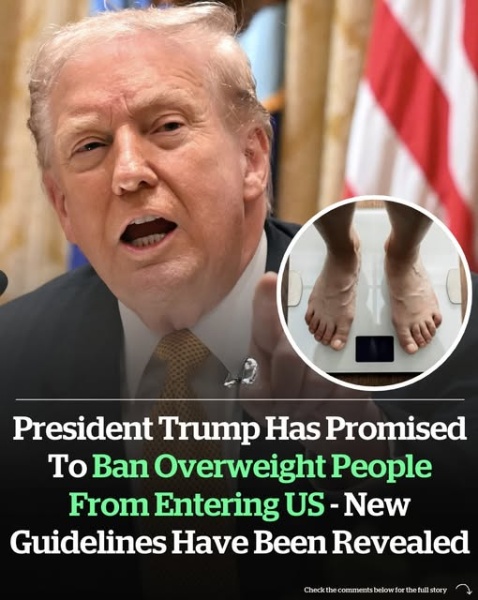The Trump Administration Introduces New Visa Guidelines Focused on Long-Term Health Costs
The Trump administration has introduced new visa guidelines that expand how U.S. consular officers evaluate the health and financial stability of visa applicants. The changes, issued through the U.S. Department of State, allow officers to consider a wider range of chronic health conditions — including obesity, diabetes, cancer, cardiovascular disease, and certain mental-health conditions — when determining whether someone may become a “public charge,” meaning financially dependent on government support.
A State Department cable sent to U.S. embassies on November 6 outlines the policy shift. It directs consular officials to assess whether applicants might require costly, long-term medical care in the future. Conditions such as high blood pressure, sleep apnea, and other non-communicable health issues can now be part of the evaluation, even though they pose no immediate public-health risk.
What Has Changed
Previously, visa medical screening focused mainly on communicable diseases and vaccination requirements. Under the new guidance, officers may consider whether an applicant’s existing health conditions could lead to significant medical expenses over time. The goal, according to officials, is to determine whether an applicant is likely to rely on public resources if admitted to the United States.
Continue reading on the next page…

